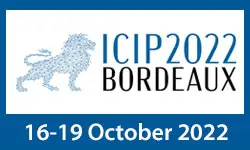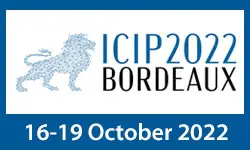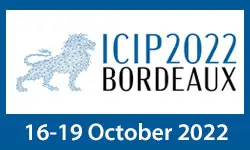Automatic Detection of Sentimentality From Facial Expressions
Mina Bishay, Jay Turcot, Graham Page, Mohammad Mavadati
-
Members: FreeSPS
IEEE Members: $11.00
Non-members: $15.00Length: 00:11:40
17 Oct 2022
Motion compensation is an effective approach for noise suppression and motion blur reduction in cardiac gated SPECT imaging. in this work, we investigate the potential benefit of using a deep learning network for motion compensation in a sequence of gated images throughout the cardiac cycle in the presence of large inter-subject variability and imaging degrading factors. We make use a set of clinical acquisitions from 130 subjects and quantify the motion compensation accuracy by variants of two known cascaded learning networks (namely VTN and VoxelMorph). The results in the experiments show that both networks can yield accurate compensation results in both standard dose and half dose studies. Specifically, VTN achieved a relative MSE of 0.0312 (full dose) and 0.0561 (half dose), compared to 0.0340 (full dose) and 0.0356 (half dose) for VoxelMorph. Both networks also outperformed the classical optical flow equation (ofE) method.



